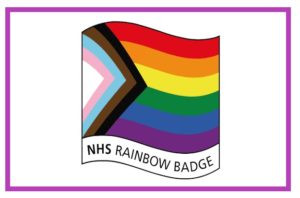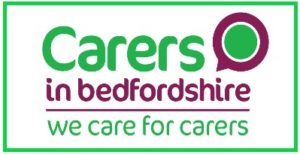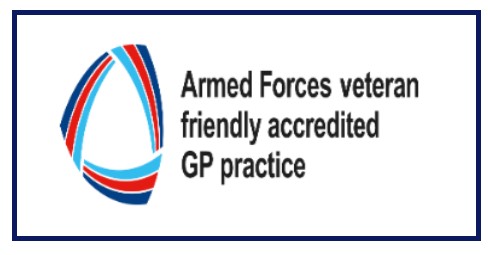What is a ‘chaperone’?
A chaperone is an impartial observer who is present during a physical examination of a patient. A chaperone is there to:
- Reassure the patient if they experience distress
- Protect the patient’s dignity and confidentiality at all times
- Offer emotional support at an embarrassing or uncomfortable time
- Facilitate communication, especially if there is a language barrier.
We have a number of trained chaperones. If you wish to have a chaperone present during your consultation, please let the reception team know when you book your appointment or upon your arrival. You can also speak to the doctor or nurse at the start of your consultation.
If you request a chaperone and a suitably qualified person is not available at the time and if clinically advisable, we will reschedule your appointment with the least possible delay.
At times, a clinician at the surgery may offer you a chaperone, but you have the right to decline.
Kingsbury Court Surgery is committed to providing you with the best possible service. Our patients will be treated with courtesy, respect and dignity at all times.
Guidelines
- The clinician should always provide patient with a clear explanation of what the examination will involve.
- The clinician must always adopt a professional and considerate manner. Humour as a way of relaxing a nervous situation should be used with caution as it can be misinterpreted.
- Ensure that the patient is provided with adequate space and privacy to undress and dress.
- Ensure that a suitable sign is clearly on display in each consulting or treatment room offering the chaperone service.
By following the above guidelines, the potential for misunderstanding is minimised. However, there will still be occasions when either the clinician, or the patient, feels uncomfortable and it would be appropriate to consider using a trained chaperone. If a patient requests a chaperone, their preference must be respected and they should not be examined without a chaperone being present. If an occasion arises where a trained chaperone is not available, the consultation/examination should be rearranged for a mutually convenient time when a chaperone can be present.
Who can act as a Chaperone?
A variation of people can act as a chaperone at Kingsbury Court Surgery, but staff undertaking a formal chaperone role must have been trained in the competencies required. Where possible, it is strongly recommended that chaperones should be clinical staff that are familiar with procedural aspects of personal examination. Where suitable clinical staff members are not available, the examination should be deferred. Where the practice determines that non-clinical staff will act in this capacity, the patient must agree to the presence of a non-clinician in the examination and be comfortable with this. The staff member must be trained in the procedural aspects of personal examinations, be comfortable in acting in the role of chaperone and be confident in the scope and extent of their role. They will have received instruction on where to stand and what to watch and instructions documenting this will be made available by the practice. All staff who are Chaperone trained will have also undergone a thorough DBS check.
Confidentiality
- The chaperone should only be present for the examination itself. The discussion with the patient should take place while the chaperone is not present.
- Patients should be informed that all practice staff understand their responsibility not to divulge confidential information.
Procedure
- If a patient has not requested a Chaperone at reception, the clinician will contact reception to request a fully trained chaperone.
- Where no chaperone is available, a clinician may offer to delay the examination to a date when one will be available as long as the delay would not have an adverse effect on the patient’s health.
- If a clinician wishes to conduct an examination with a chaperone present but the patient does not consent to this, the clinician must clearly explain why they want a chaperone to be present.
- The clinician may choose to consider referring the patient to a colleague who would be willing to examine them without a chaperone as long as the delay would not have an adverse effect on the patient’s health.
- The clinician must record in the notes that a chaperone is present and provide the identity of the chaperone.
- The chaperone will enter the room discreetly and remain in the room until the clinician has finished the examination.
- The chaperone will attend inside the curtain/screened-off area at the head of the examination couch and observe the procedure.
- To prevent embarrassment, the chaperone should not engage in conversation with the patient or GP unless requested to do so or make any mention of the consultation afterwards.
- The chaperone will make a record in the patient’s notes after examination. The record will state that there were no issues or give details of any concerns or incidents that occurred. The chaperone must be aware of the procedure to follow if they wish to raise any concerns.
- The patient can refuse a chaperone, and if so, this must be recorded in the patient’s medical record.





